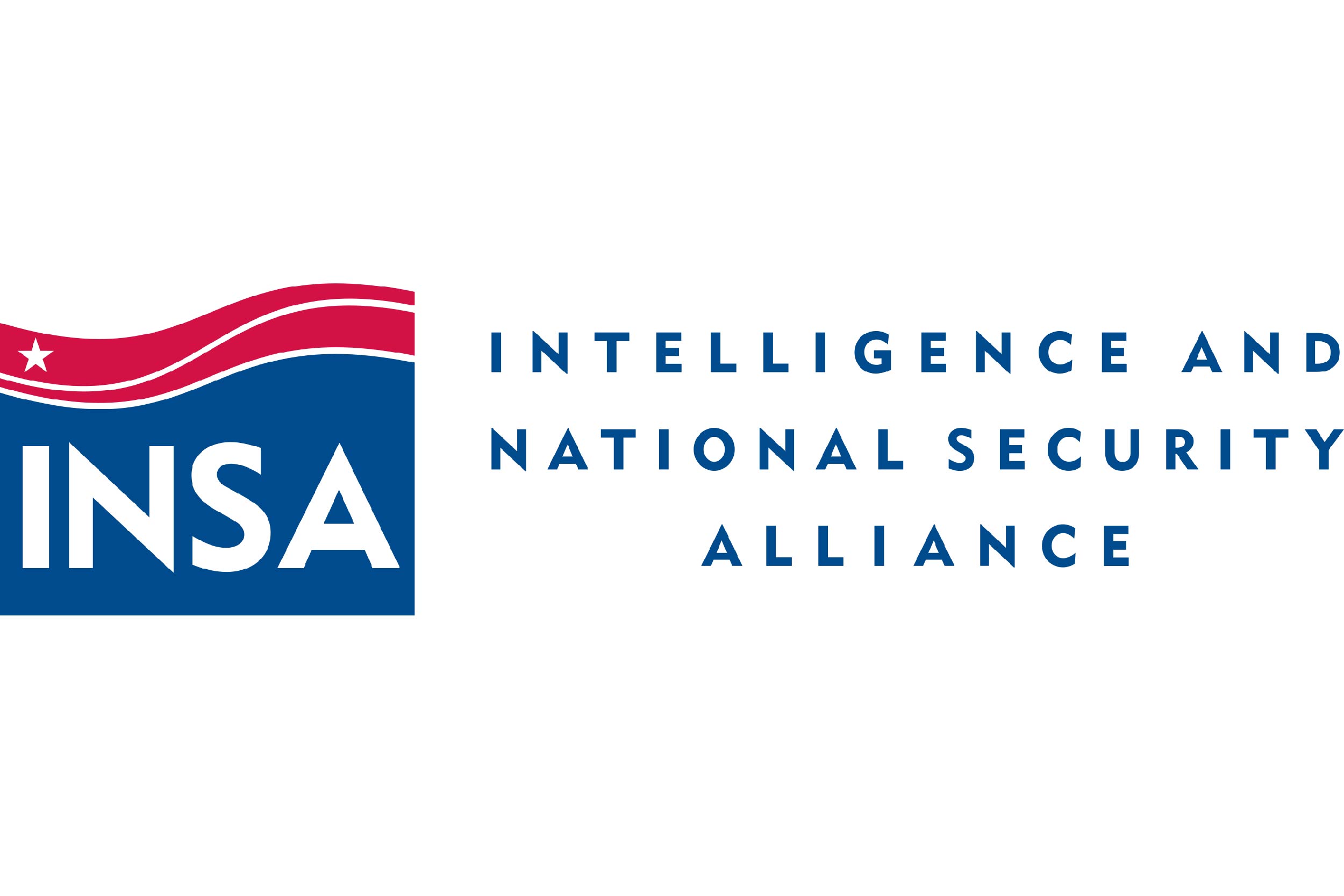INSA Comments on OPM’s Proposed Personnel Vetting Questionnaire
New form to replace SF-86 and related documents used to evaluate applicants for clearances and positions of public trust
ARLINGTON, VA (January 23, 2023) -- The Intelligence and National Security Alliance (INSA) provided the Office of Public Management (OPM) with comments on the proposed Personnel Vetting Questionnaire (PVQ) that will replace existing forms used to evaluate job applicants for security clearances and positions of public trust. The PVQ is intended to make background investigations and adjudication decisions more efficient and effective compared to the Standard Form 86 (SF-86) and related documents.
"To execute critical national security missions, government agencies and their industry partners depend on a reliable, vetted, trusted workforce operating at all levels of Public Trust and clearance levels,” said Larry Hanauer, INSA’s Vice President for Policy. “Regardless of whether an individual works for a government agency or a cleared contractor, he or she goes through the same personnel security investigation and adjudication process. It is critical that this process adapt to changing social mores and demographics, evolving market forces, and the increased speed at which many organizations hire new employees.
“To execute critical national security missions, government agencies and their industry partners depend on a reliable, vetted, trusted workforce operating at all levels of Public Trust and clearance levels,” said Larry Hanauer, INSA’s Vice President for Policy. “Regardless of whether an individual works for a government agency or a cleared contractor, he or she goes through the same personnel security investigation and adjudication process. It is critical that this process adapt to changing social mores and demographics, evolving market forces, and the increased speed at which many organizations hire new employees.”
INSA offered the following perspectives on the proposed PVQ:
- INSA supports the government’s decision to address marijuana use as a separate issue from use of other drugs that are illegal under federal law. In December 2021, the Director of National Intelligence issued guidance that recreational pre-employment marijuana use should no longer disqualify an applicant from holding a position of trust. Revisions to the PVQ that ask applicants to distinguish between use of marijuana and other drugs will advance this policy and broaden the pool of talent from which the national security community can hire.
- INSA recommends PVQ questions about involvement in, or support for, politically motivated violence be clarified to elicit information that is uninfluenced by an applicant’s own interpretation of whether his/her activities qualify as “extremist” or as “terrorism.” Previously, in section 29 of the SF 86, question about anti-government affiliations were too vague to provide needed information about participation in, or affiliation with, violent anti-government activities.
- INSA recommends the PVQ be formatted to facilitate electronic adjudication (e-adjudication) of information provided by applicants and automated sharing of information among agencies. Increased use of drop-down menus instead of free text boxes for answers will facilitate prompt, automated reviews of most responses, and consistent formatting will help agencies share personnel security data more easily.
- INSA called on the government to drop new language that seems to narrow the conditions under which PVQ data can be shared with contractors. Industry security officers need such information to assess their trusted employees’ activities as part of government-mandated insider threat programs. Currently, in requesting a position of trust, candidates authorize the government to share information on the SF-86 for certain “routine uses,” including providing it to a contractor employing the applicant. PVQ information should be shared with companies to the same degree in order to mitigate insider risk.
INSA is a non-partisan, non-profit association dedicated to promoting effective public-private collaboration on national security issues. Its members represent corporations, academic institutions, and non-profit organizations that support U.S. national security.

